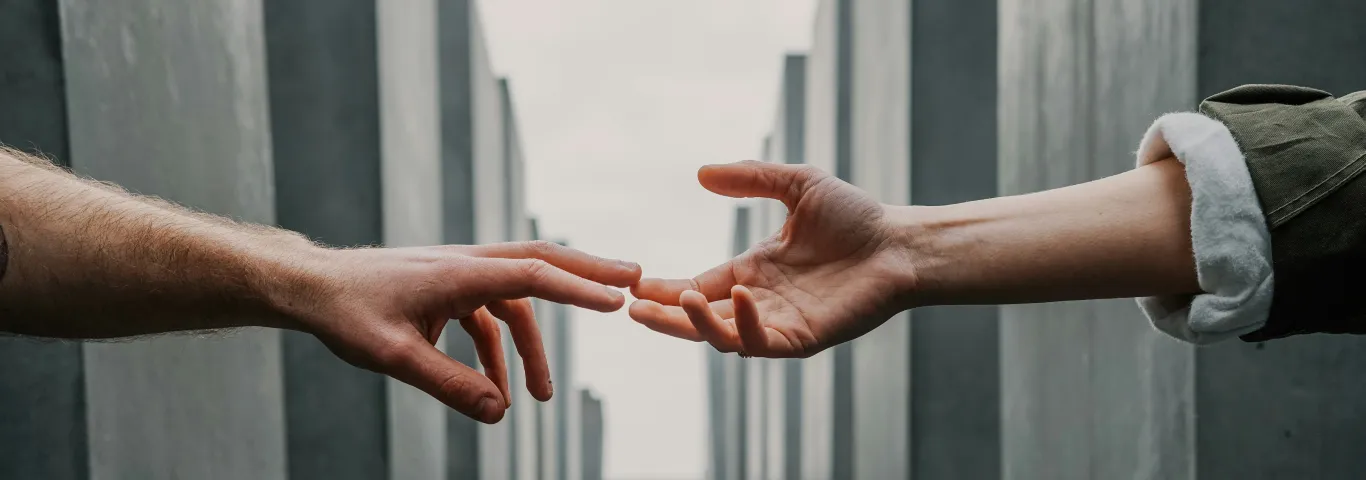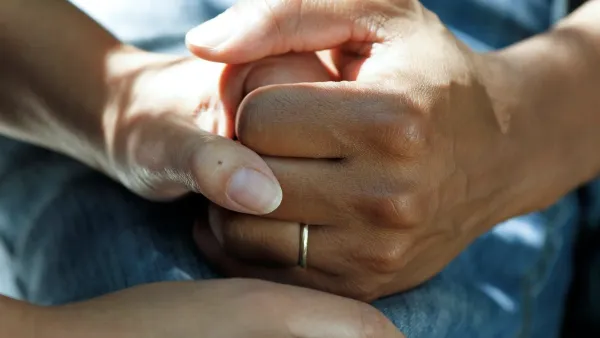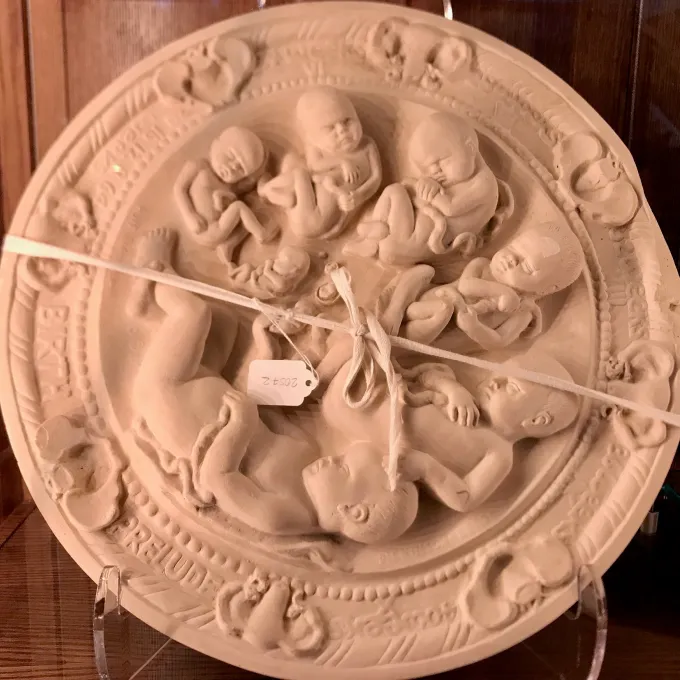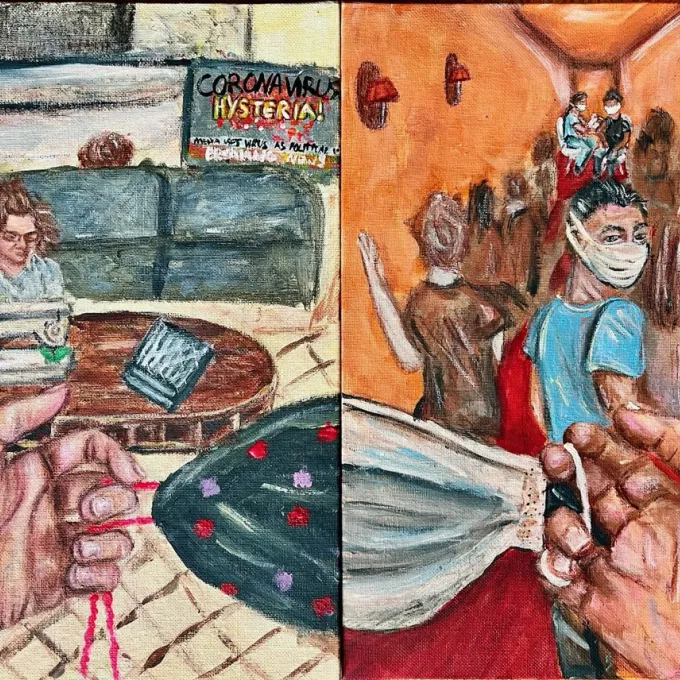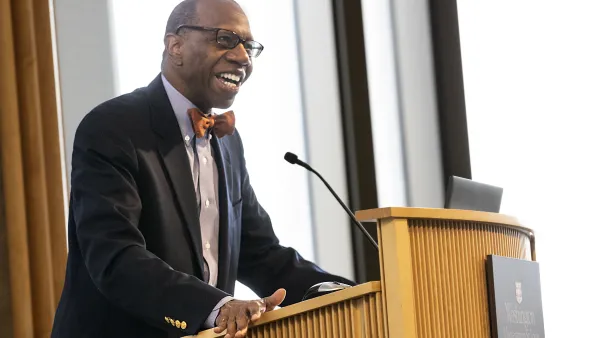About Medical Humanities
The Medical Humanities minor offers students the opportunity to explore health, illness, and medical care in their varied historical, philosophical, aesthetic, and socio-political contexts. Students and faculty bring a variety of backgrounds and aspirations to the minor. Together, we deploy humanistic methods to investigate enduring questions. What is illness? What is health? What does it mean to heal? How is disease socially constructed? How do inequalities of race, class, and gender affect the experience of illness and access to care? How does biomedicine relate to other forms of medicine? How do the answers to these questions vary across time and place, whether in the contemporary U.S. or ancient China? These are just some of the core questions that drive our studies.
The minor offers a wide variety of courses, ranging from the ancient world to the present and across the world. Opportunities for small-group and independent learning abound. The minor is structured to be flexible and students will find it easy to chart a course of study that helps them explore established interests as well as develop new ones.
